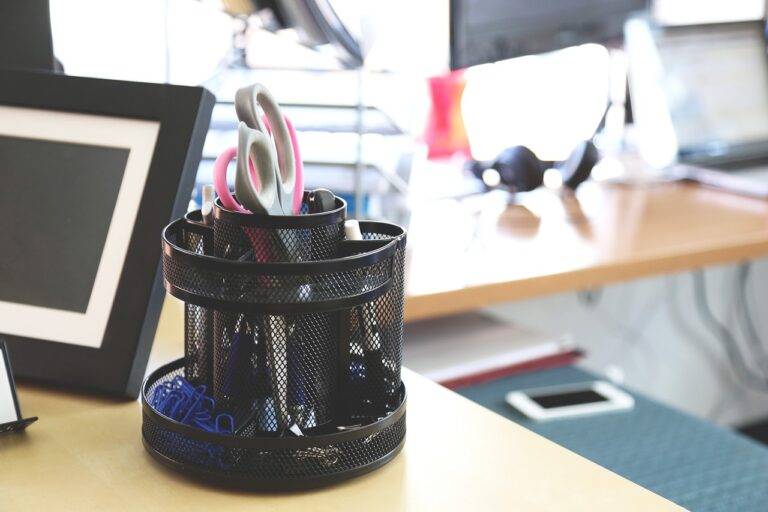Technological Innovations Transforming Traditional Industries
Traditional industries are encountering numerous obstacles in the modern business landscape. One significant challenge they face is the need to adapt to rapidly evolving technologies and changing consumer preferences. This often entails high costs and resources to upgrade outdated equipment and processes to stay competitive in the market.
Another key challenge for traditional industries is the influx of new competitors, particularly from emerging industries and startups. These newcomers often leverage innovative technologies and agile business models to disrupt established markets, displacing traditional companies that fail to keep pace. As a result, traditional industries must find ways to differentiate themselves and innovate to retain their market share and relevance in an increasingly competitive environment.
Adoption of Artificial Intelligence in Manufacturing
Artificial intelligence (AI) is revolutionizing the manufacturing sector by enhancing efficiency, productivity, and accuracy. With AI-powered machines and systems, manufacturers can streamline processes, optimize production schedules, and minimize downtime. This technology enables real-time data analysis, predictive maintenance, and personalized customization of products, leading to a more competitive edge in the market.
Moreover, AI is empowering manufacturers to unlock new capabilities and opportunities that were previously unattainable. By incorporating machine learning algorithms, robotics, and automation, businesses can achieve higher levels of precision and consistency in their operations. This results in improved quality control, reduced waste, and increased speed of production, ultimately driving greater profitability and growth for companies in the manufacturing industry.
What are some of the key challenges faced by traditional industries in adopting artificial intelligence in manufacturing?
Some challenges include the high cost of implementation, the lack of AI expertise within the workforce, and concerns about job displacement.
How can traditional industries overcome these challenges?
Traditional industries can overcome these challenges by investing in AI training for their employees, partnering with AI experts or consultants, and starting with small-scale AI projects to demonstrate the benefits.
What are some examples of how artificial intelligence is being adopted in manufacturing?
Examples include predictive maintenance to reduce downtime, quality control to improve product consistency, and supply chain optimization to reduce costs.
Will the adoption of artificial intelligence in manufacturing lead to job losses?
While there may be some job displacement in certain areas, the overall impact of AI adoption in manufacturing is expected to create new job opportunities and increase productivity.
How can traditional industries stay competitive in the era of artificial intelligence?
By embracing AI technology, investing in employee training, and continually adapting to new advancements in manufacturing technology, traditional industries can stay competitive in the market.






